Translanguaging: A counter-discourse promoting inclusivity
Michael Rabbidge
Reading Mia’s blog about her experiences with translanguaging and English-only approaches got me thinking about my own history with these concepts.
I remember when I first started teaching English, and the concept of an English-only approach was something that I had never considered. Teaching English in what is traditionally referred to as an EFL context (English as a Foreign Language) meant that my students had not had much exposure to English, so their pool of English language knowledge was limited. When they spoke in their first language it seemed to help them participate more in the classroom, so I wasn’t fussed by it. It also meant that I could pick up useful chunks of their classroom language that allowed me to improve my own ability to interact with my students, and ultimately create a better rapport with them and ensure a more inclusive and interesting learning environment.
Later, after more experience as a language teacher and after gaining more knowledge about language acquisition theories and ideological influences working within the ELT industry I found myself heading up a government program that was preparing local teachers to align their teaching competencies with a new language education policy that would ban the use of their and their students’ first language in the classroom. This was stated, by the education ministry, to be needed to improve the overall English language proficiency of the general population so that the country in question could compete on the world stage in terms of business and culture.
I remember at that time the teachers in these courses complaining that it was unrealistic of the government to ask teachers and students to not use their first language while learning English and that such out-of-touch policies were leading many highly qualified and passionate teachers to reconsider their career choices.
These experiences are what led me down a path to try to understand why such perceptions about what is considered effective practice occur in ELT. The dominant discourse of ELT is underpinned by a monolingual ideology that has traditionally marginalized anyone not lucky enough to be born a ‘native’ speaker of English. This discourse has produced language such as ‘non-native speaker teachers’, and ‘native speaker standards’, setting up beliefs about the inferiority of those labeled as ‘non’ and the superiority of those labeled as ‘native’, with little regard for actual teaching expertise.
Translanguaging and the multilingual turn provide a counter-discourse to the all too often negative impact of monolingualism, offering new language to describe learners and teaching practices that do not demonize other languages in the development of a new set of linguistic tools that potentially provide students with a more rounded and positive understanding of who they are in relation to the world.
I do not practice an English-only approach, even if an educational policy states I must. I find it unnecessary and ridiculous. I do not consider myself to be teaching students how to speak like a ‘native’ speaker of English. My approach is to allow students access to their full cognitive faculties and linguistic repertoires in order to further develop and expand these aspects of who they are so that they are able to participate in a world that is already multilingual, despite what the previously dominant discourse of ELT would have some believe.
By accepting who my students are and what they can achieve I seek to help them foster more positive relationships with dominant world languages so that they can achieve what they want to desire. The English language within higher education all too often acts as a gatekeeper to students’ aspirations, preventing access to what they truly desire from the world. Learning about alternative, more inclusive discourses in ELT that actually seek to liberate students is vital, and hopefully, blogs like Mia’s, and this response, can help with this effort.
